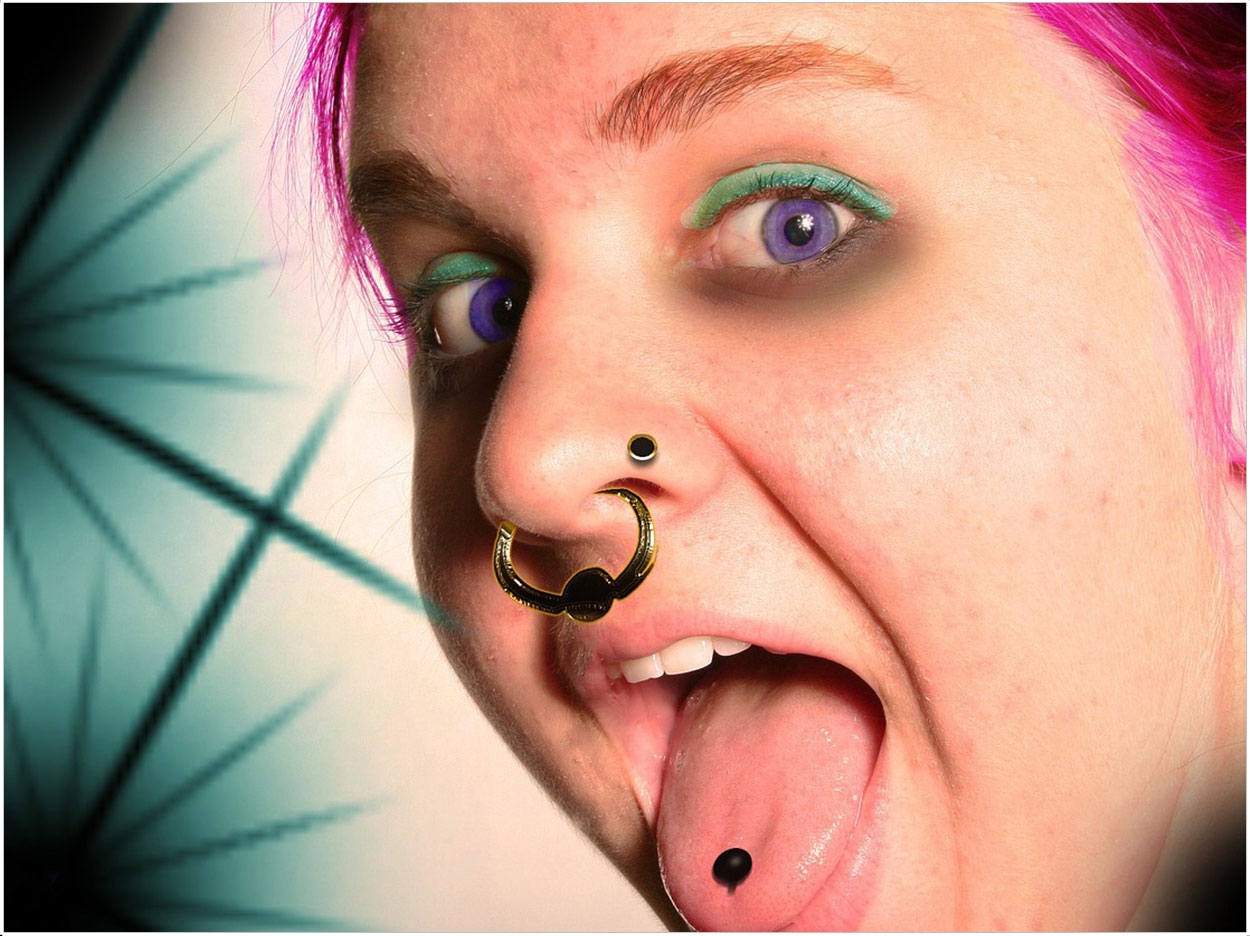
Pierced lips, cheeks, gums, and tongues may be trendy. But they also present risks to oral health beyond interference with day-to-day functions like speech, chewing, and swallowing, according to the Oral Health Foundation.
“Oral piercings are a major cause of chipped or cracked teeth due to trauma when they come into contact with the teeth. Many people even have a habit of biting or playing with their piercing, which can be extremely dangerous and can often lead to extensive dental work,” said Dr. Nigel Carter OBE, CEO of the Oral Health Foundation.
“The mouth also contains a huge amount of bacteria and is an ideal place for infection to arise. This is especially the case with new piercings, as it is an open wound and needs constant care and attention to prevent infection. An infection can quickly lead to other, more serious conditions such as blood poisoning (septicaemia),” Carter said.
“The act of getting a piercing itself is very dangerous, and if done incorrectly can cause issues such as numbness of the tongue, blood loss, excessive swelling, which affects breathing and swallowing, and, in severe cases, an increased risk of HIV and hepatitis B,” Carter said.
The Oral Health Foundation encourages people to fully research the health risks associated with oral piercings and, if they still wish to get a piercing, to do so with a trustworthy provider in a clean and safe environment. The organization also urges people with piercings to keep them as clean as possible with, for example, regular use of an antiseptic mouthwash.
“Try to avoid playing or fiddling with it and having it come into contact with teeth, especially when speaking or eating, as this leads to teeth wear, which can lead to extensive dental intervention. If you are taking part in sports, remove the jewelry to minimize the risk of any damage through trauma,” Carter added.
“Most importantly, though, ensure you visit your dentist regularly, as often as recommended, to look after the overall health of your mouth and prevent any long-term problems from developing,” Carter said.
Related Articles
CDC Summarizes Dental Infection Prevention Guidelines
Brace Yourself for DIY Orthodontia
Oral Microbes Linked to Alzheimer’s Disease


